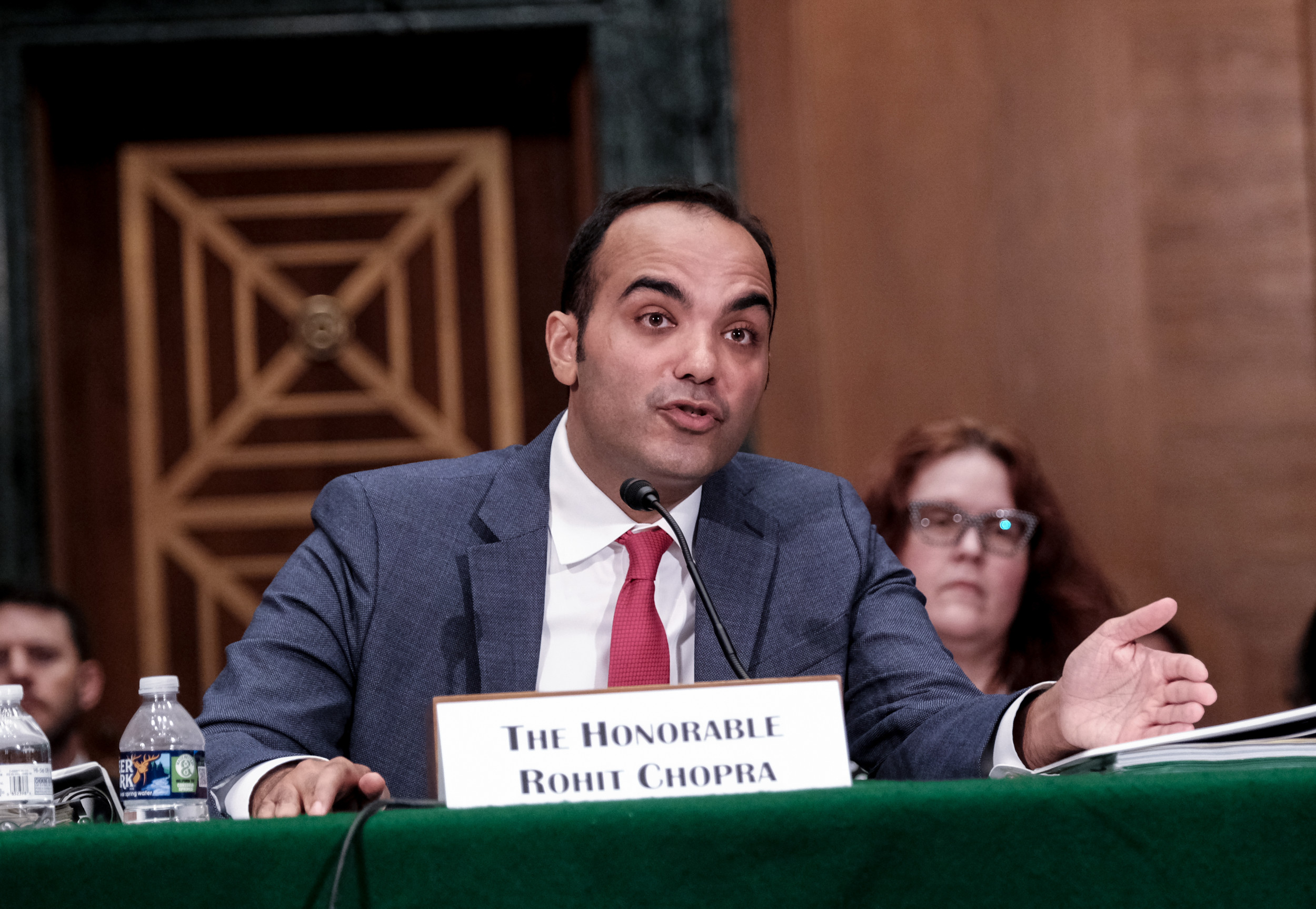Cancer researchers are a stubborn lot. They know the numbers: more than 1,500 Americans die from cancer every day. They know the enemy: an insidious disease that ravages virtually every organ in the body, killing children and adults alike. And they know that they desperately need new treatments so that patients like Amelia Gilardi become the norm, not the exception. In 1998, more than a decade after beating breast cancer, Gilardi was diagnosed with multiple myeloma, cancer of the bone marrow, and told she had no more than three years to live. After traditional chemotherapy failed, Gilardi enrolled in a clinical trial of a then experimental drug called Velcade. Eight months later she was in complete remission. "I had gone the gamut of what was available," says Gilardi, now 72. "It was wonderful that there was something else out there."
For decades, doctors have relied on conventional chemo-therapy to poison cancer cells. The treatment has saved many lives, but because chemo launches an all-out assault on the body--attacking not just cancer cells but healthy ones, too--patients suffer a slew of toxic side effects, like severe nausea, fatigue and a weakened immune system. And they often become resistant to treatment or die from complications. Today, thanks to an increasingly sophisticated understanding of how cancer develops and grows, patients are beginning to benefit from a revolution in oncology: targeted drugs that home in on the molecular characteristics of cancer cells, leaving healthy tissue relatively unscathed. Biotech companies are testing hundreds of compounds, and the FDA, which approved Velcade in May under fast-track status, is working to get new drugs to patients. There are still no miracle cures, but there is plenty of cautious enthusiasm. "These are small incremental gains," says Dr. David H. Johnson of the Vanderbilt-Ingram Cancer Center, and president-elect of the American Society of Clinical Oncology, "but each one is phenomenal."
Cancer was long thought of as one disease expressed in different parts of the body--breast, lung, brain--but researchers are now teasing apart the myriad genes and proteins that differentiate cancer cells, not just from healthy cells, but from each other. They are finding intriguing variations. Cells from two breast-cancer tumors may look identical under the microscope, but may turn on, or "express," different genes. The result: two tumors behaving in markedly dissimilar ways--and susceptible to different treatments. These unique characteristics have delineated new molecular targets, allowing scientists to design smart-bomb drugs. Herceptin, approved in 1998, was one of the first, zeroing in on a genetic glitch that affects about 30 percent of breast-cancer tumors.
Such glitches take place within a complex network of genes and proteins, all of them performing specific duties to keep cancer alive. Targeted drugs interrupt various pathways in this network. One significant advance in this new approach is Gleevec, approved in 2001 to treat chronic myeloid leukemia. Gleevec clamps down on the cell's accelerator, a protein called tyrosine kinase, which drives cancer to reproduce. Now other tyrosine kinase inhibitors are making their way to market. In May, the FDA approved Iressa for patients with lung cancer who had failed prior chemo. Trials showed only a modest benefit: about 10 percent of patients' tumors shrunk. It's "far from a home run," says Dr. Roy Herbst of Houston's M.D. Anderson Cancer Center, but it clearly helps some patients. The drug may ultimately work best as a maintenance therapy, says Herbst, in combination with other drugs, to keep tumors suppressed.
Targeting the cell's growth machinery has long been the goal of antiangiogenesis, which attempts to cut off a tumor's blood supply. After decades of research, scientists isolated a protein called vascular endothelial growth factor, which recruits blood vessels to feed tumors. Today the first angiogenesis inhibitor, Avastin, is under review by the FDA for metastatic colon cancer. Again, the gains are limited, but patients receiving experimental drugs are exceedingly sick. Researchers hope the new treatments will have greater effects on less-advanced cancers.
Velcade, Gilardi's drug, was engineered to zero in on an entirely different pathway: the cell's garbage disposal. The drug seems to work by stopping an enzyme called the proteasome from degrading proteins no longer needed by the cell. By gumming up the disposal, Velcade weakens the cell, ultimately leading it to biological suicide. Like other targeted therapies, Velcade may turn out to work best together with other drugs. "Cancer is a very complicated disease," says Dr. David Schenkein of Millennium Pharmaceuticals, the drug's manufacturer. "Targeting a single pathway may not always be the answer."
Targeted drugs are not perfect. They can be expensive (in some cases, $20,000 or more for standard therapy). Though less toxic, they still have side effects. And despite their design, researchers aren't always sure precisely how they work. Still, the drugs clearly herald a new era in cancer therapy. The critical challenge now is to fine-tune the diagnosis and treatment of cancer, so that the right drug is matched to the appropriate patient. "If that happens," says Dr. Charles Sawyers of UCLA's Jonsson Comprehensive Cancer Center, "we're really going to see a lot of progress." And even more hope.
Uncommon Knowledge
Newsweek is committed to challenging conventional wisdom and finding connections in the search for common ground.
Newsweek is committed to challenging conventional wisdom and finding connections in the search for common ground.





